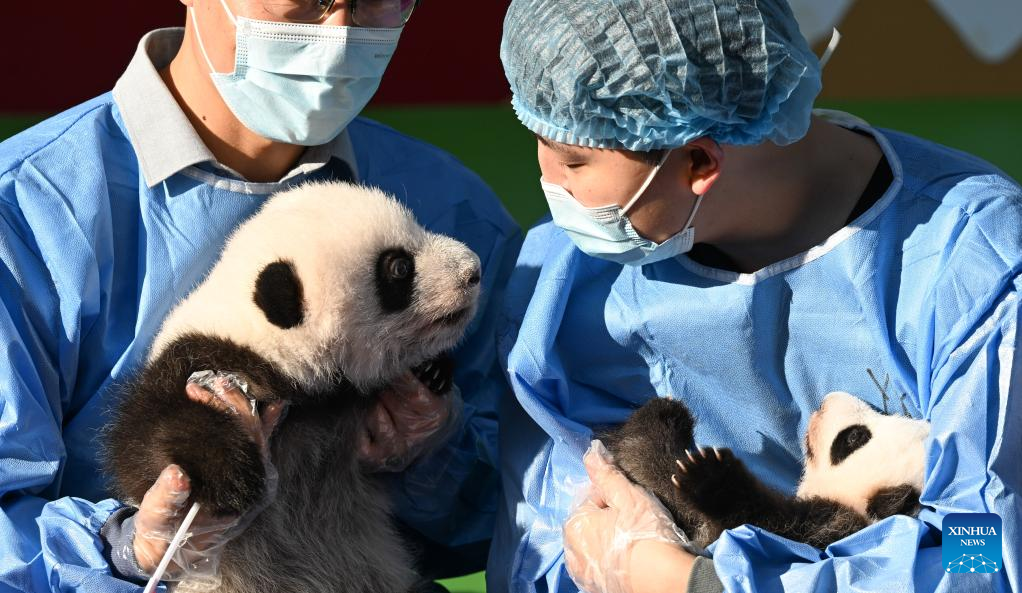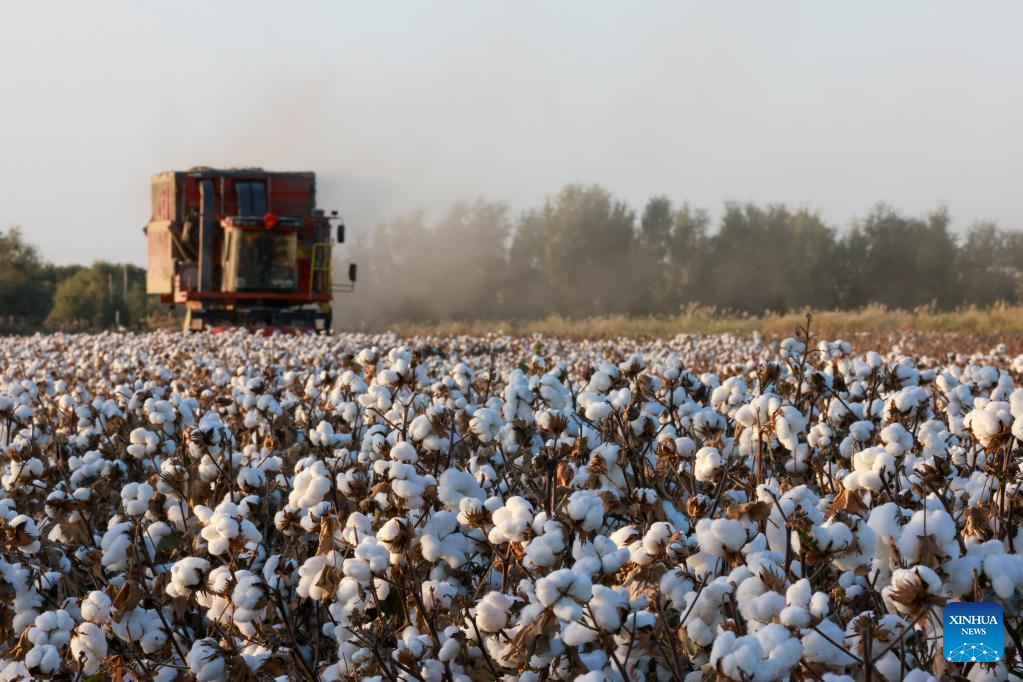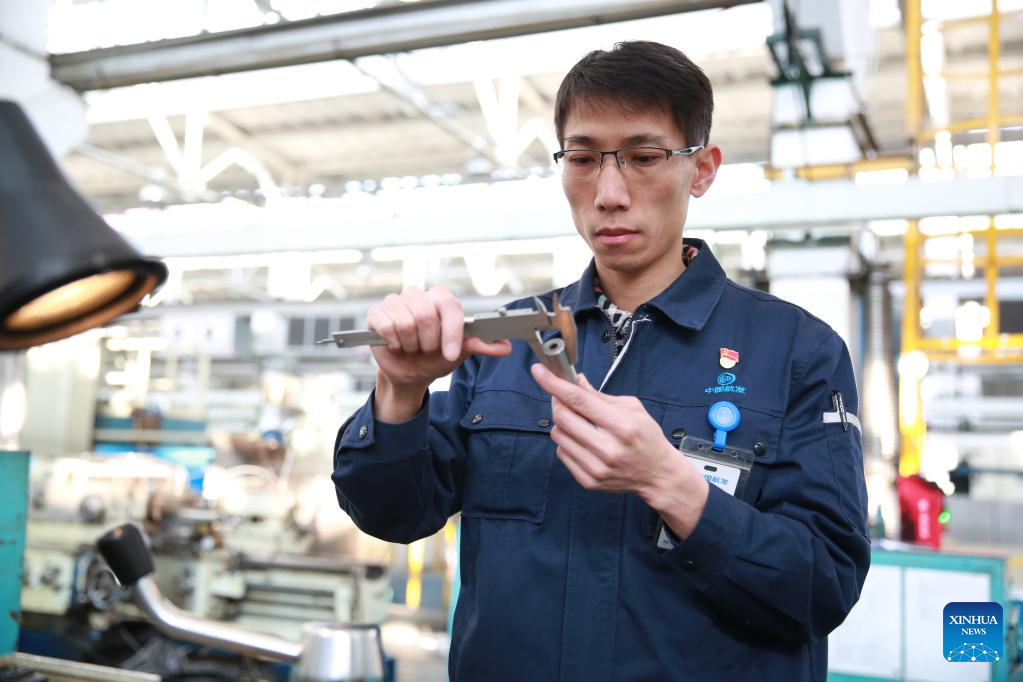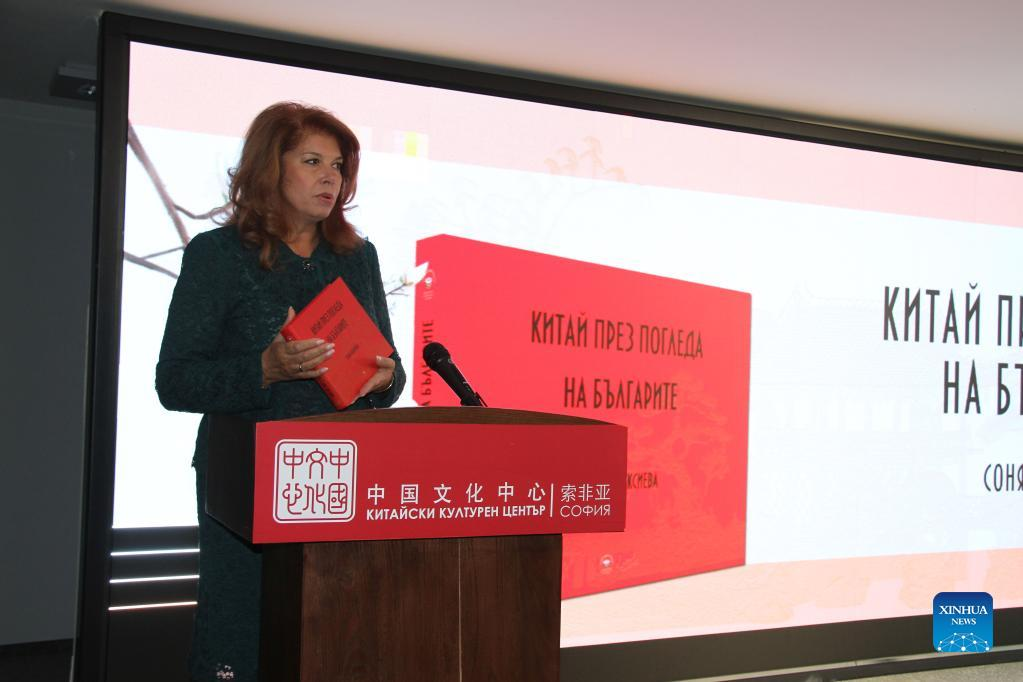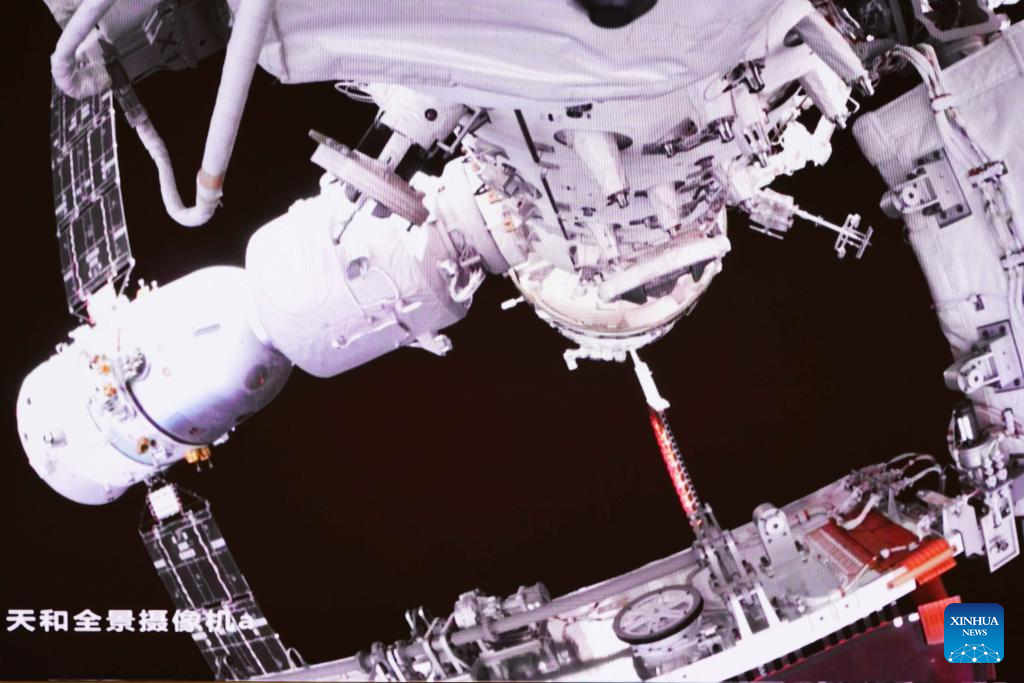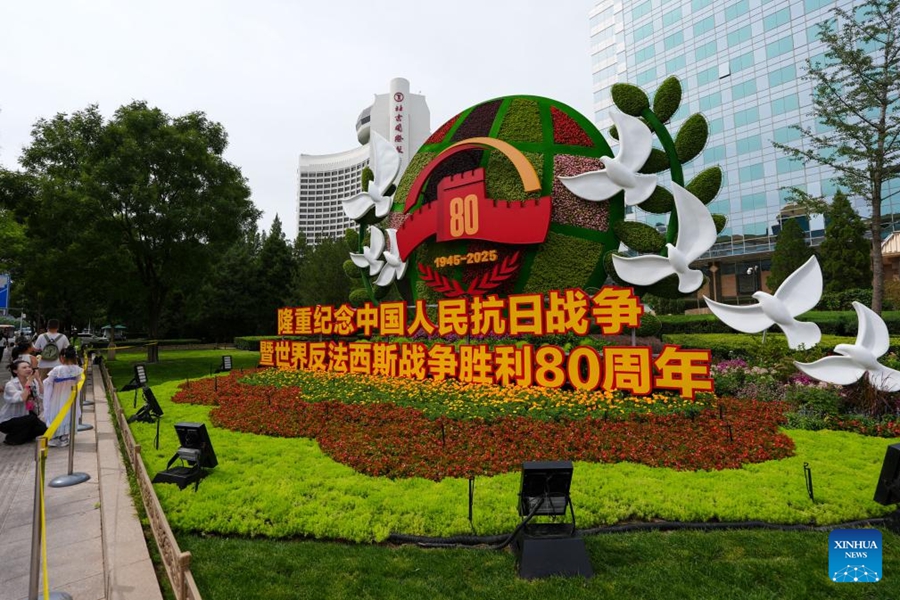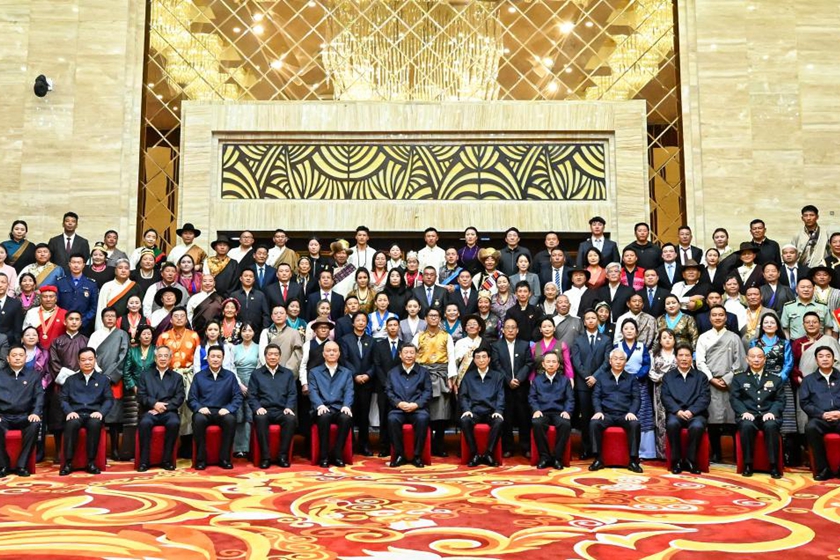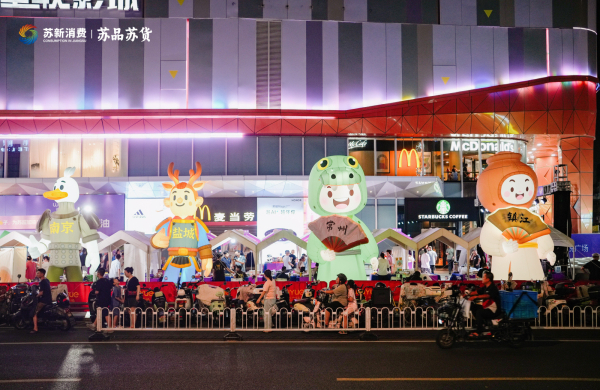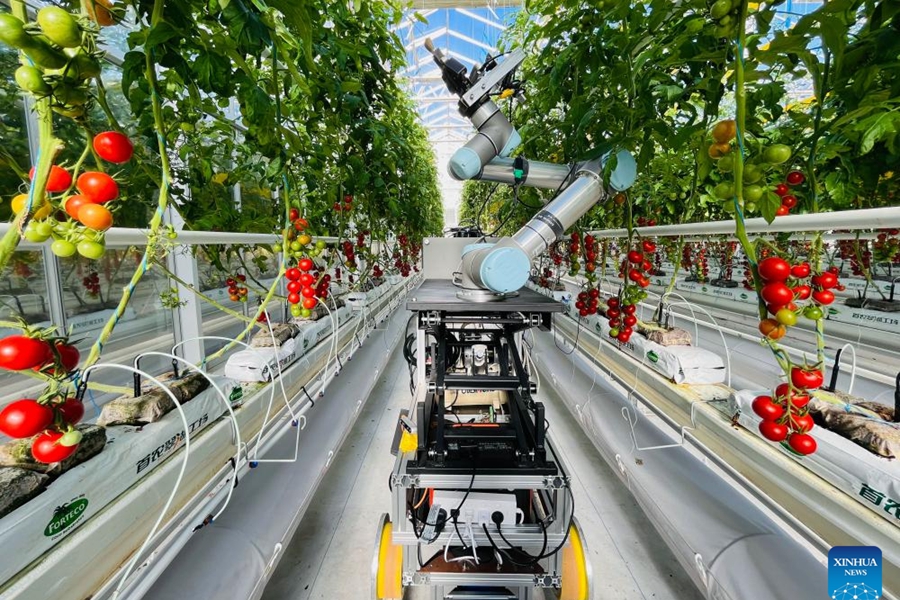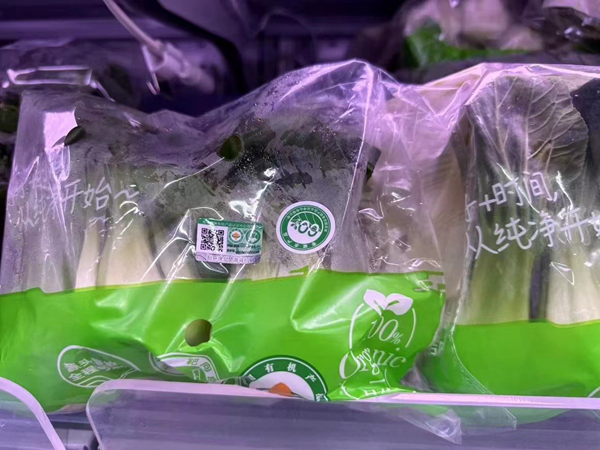
Organic vegetables with net-zero certification
As China has made clear its goals to peak carbon dioxide emissions before 2030 and achieve carbon neutrality before 2060, more and more people are embracing the eco-friendly lifestyle and supporting efforts to protect the planet, driving the business community to go green.
Products such as net-zero vegetables or carbon neutrality milk are coming into view in some supermarkets in Nanjing, such as a Freshippo store on Rehe South Rd in the city's Gulou District.
A manager of the store said vegetables with net-zero certification mean zero greenhouse gas emissions were released during the production. Besides 20 kinds of certified organic vegetables and fruits, the supermarket chain Freshippo owned by Alibaba also features its own organic camellia oil certified by the Guangzhou Emissions Exchange to achieve carbon neutrality.
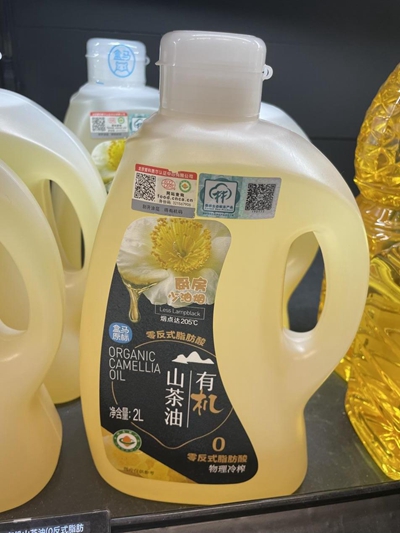
(Photo/Zhang Jieru & Xu Zihe)
More supermarkets in the capital city of Jiangsu are planning to expand supply of green products to woo eco-sensitive consumers, a retail trend also galvanized by leading companies.
At the fifth China International Import Expo (CIIE), Nestle highlighted its Organic NAN 3, its first carbon-neutral formula for toddlers in China. Nestle said NAN 3 is sourced from farms that do not use herbicides and growth hormones, and the production also used renewable and clean energy, with the tin lid and scoop made using plant-based materials.
In October, Master Kong released its pure zero sugar tea in Shanghai and also shared its efforts to pursue carbon neutrality in the launch event.
Although many foods boast the label of carbon neutrality, a majority of customers said they have little knowledge of how the net-zero emissions are achieved and some suspect such pledges are more marketing spin.
Guo Ruqing, head of carbon certification at the Organic Food Development and Certification Center of China (OFDC), said the food industry creates greenhouse gas emissions at all stages, from growing to harvesting, processing, transporting, selling and storing. Food production is a big contributor to global greenhouse gas emissions, so the low-carbon transition is definitely going to support the country's dual carbon goals.
Guo believes there are still several issues that need to be resolved before net-zero food can make a bigger impact. By going net-zero emission, food producers have to ensure the strict control and make more investment, which naturally increase the cost and then raise the product price. But this higher price also means few buyers in the market.
Currently, the prices of carbon-neutral and regular foods vary a lot. In a Walmart store, a brand’s organic milk labelled as carbon neutral is priced at 99 yuan a box, but regular milk of the same brand is sold at 78 yuan. A 400-gm petite Chinese cabbage with the net-zero certification costs 9.9 yuan, and the same uncertified vegetable of 500 gm is just 6.9 yuan.
What makes the green transition more complicated is that food distribution involves a variety of industries such as agriculture and services. It is a major challenge to accurately calculate the carbon footprint of food throughout all stages, according to Guo.


